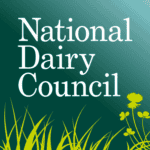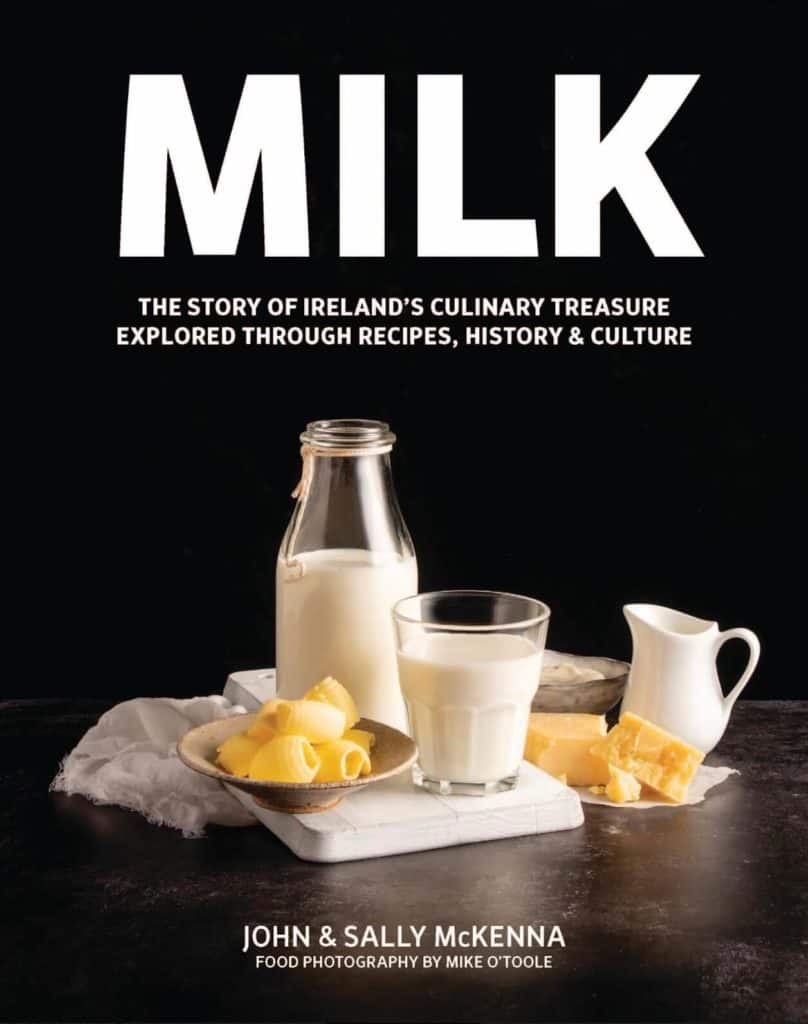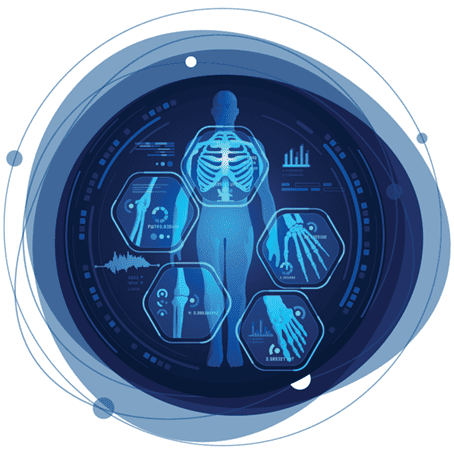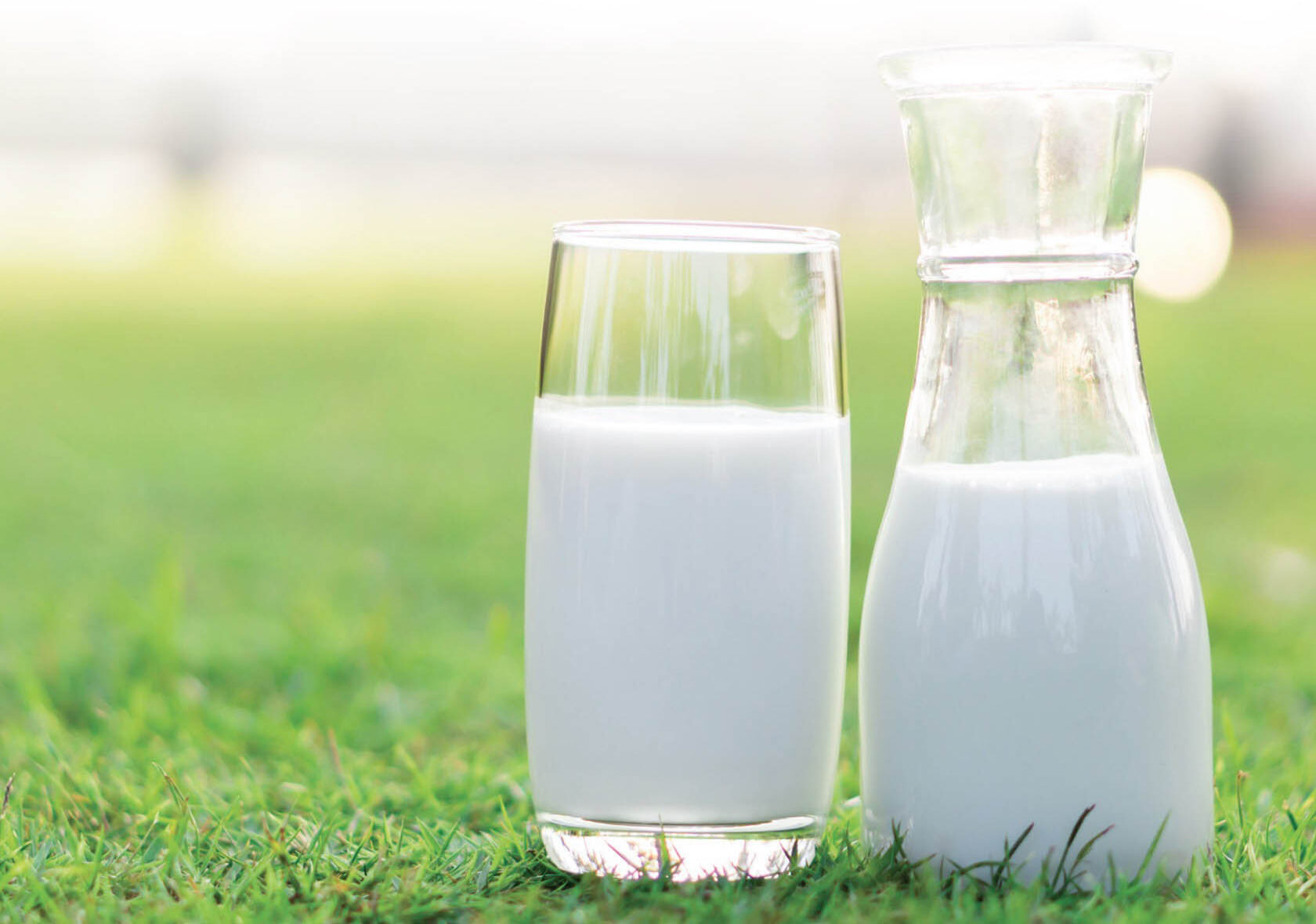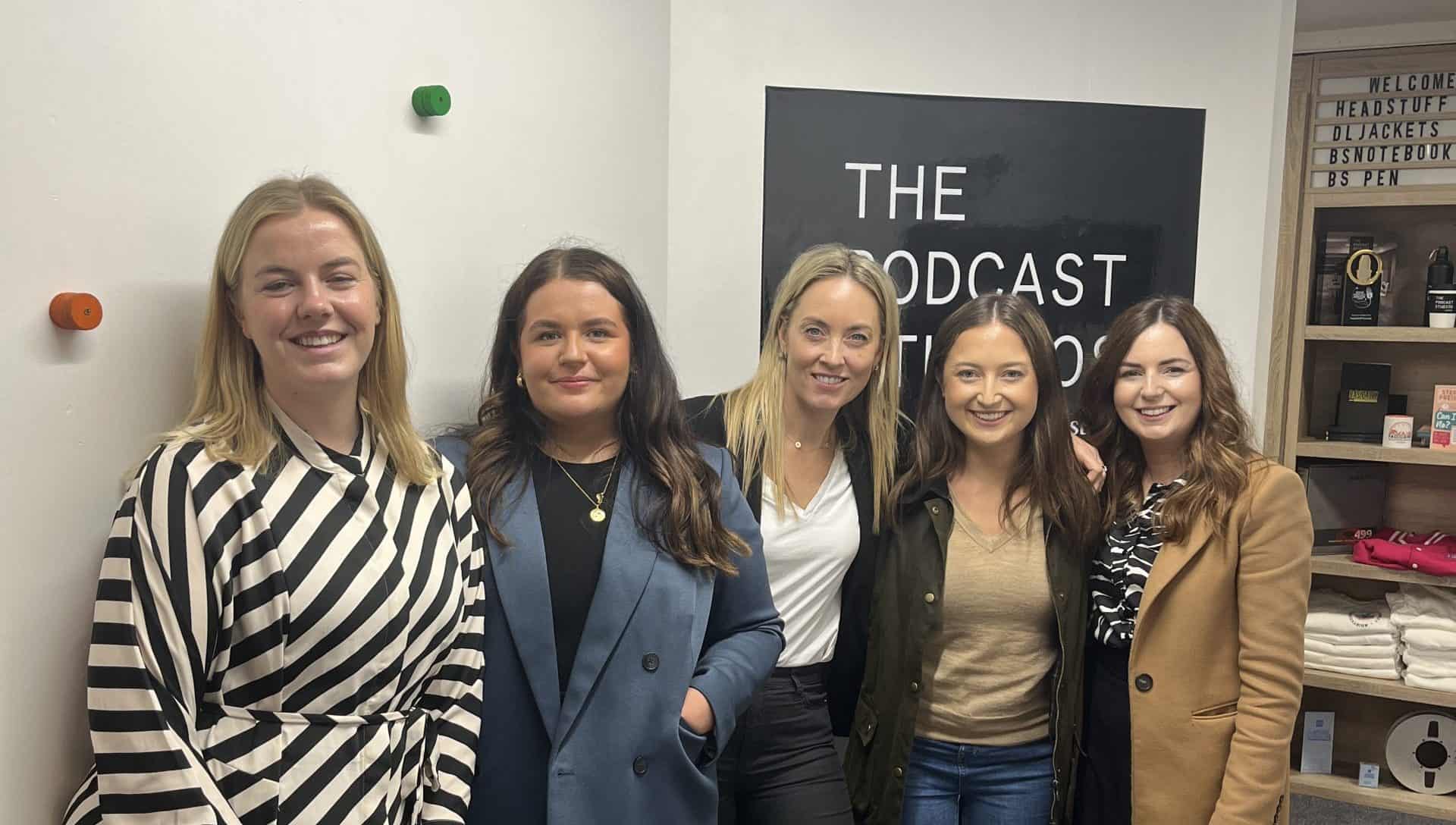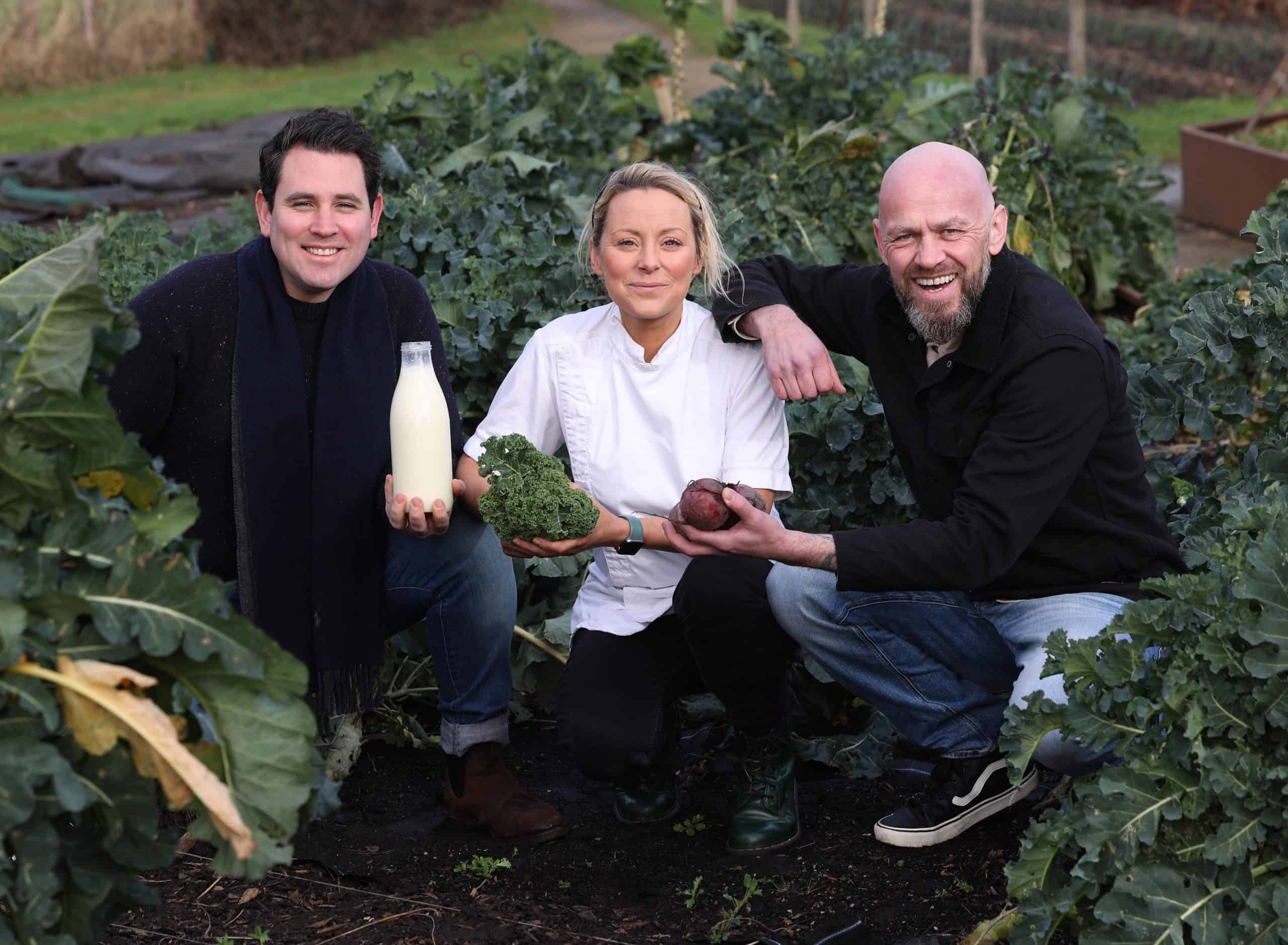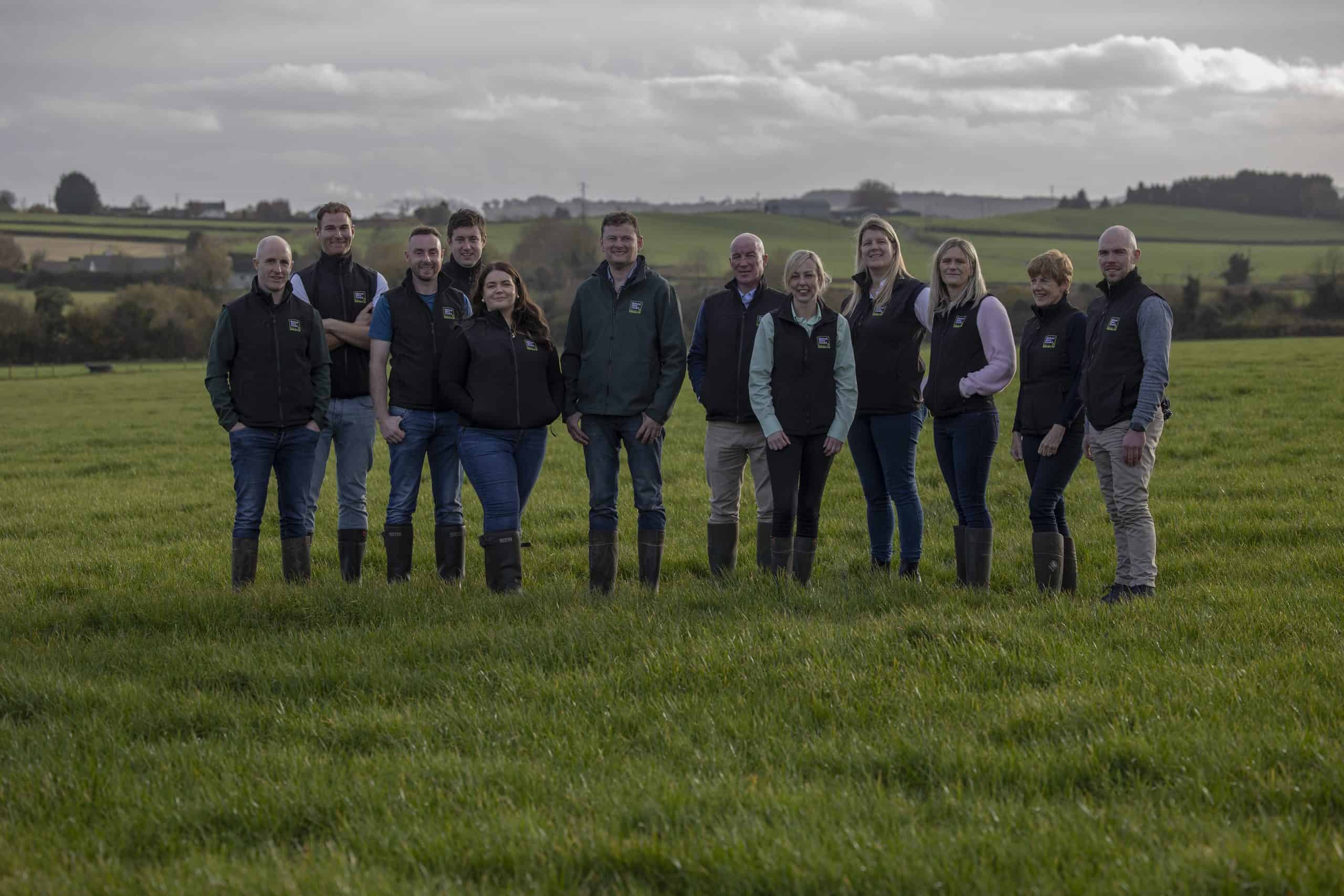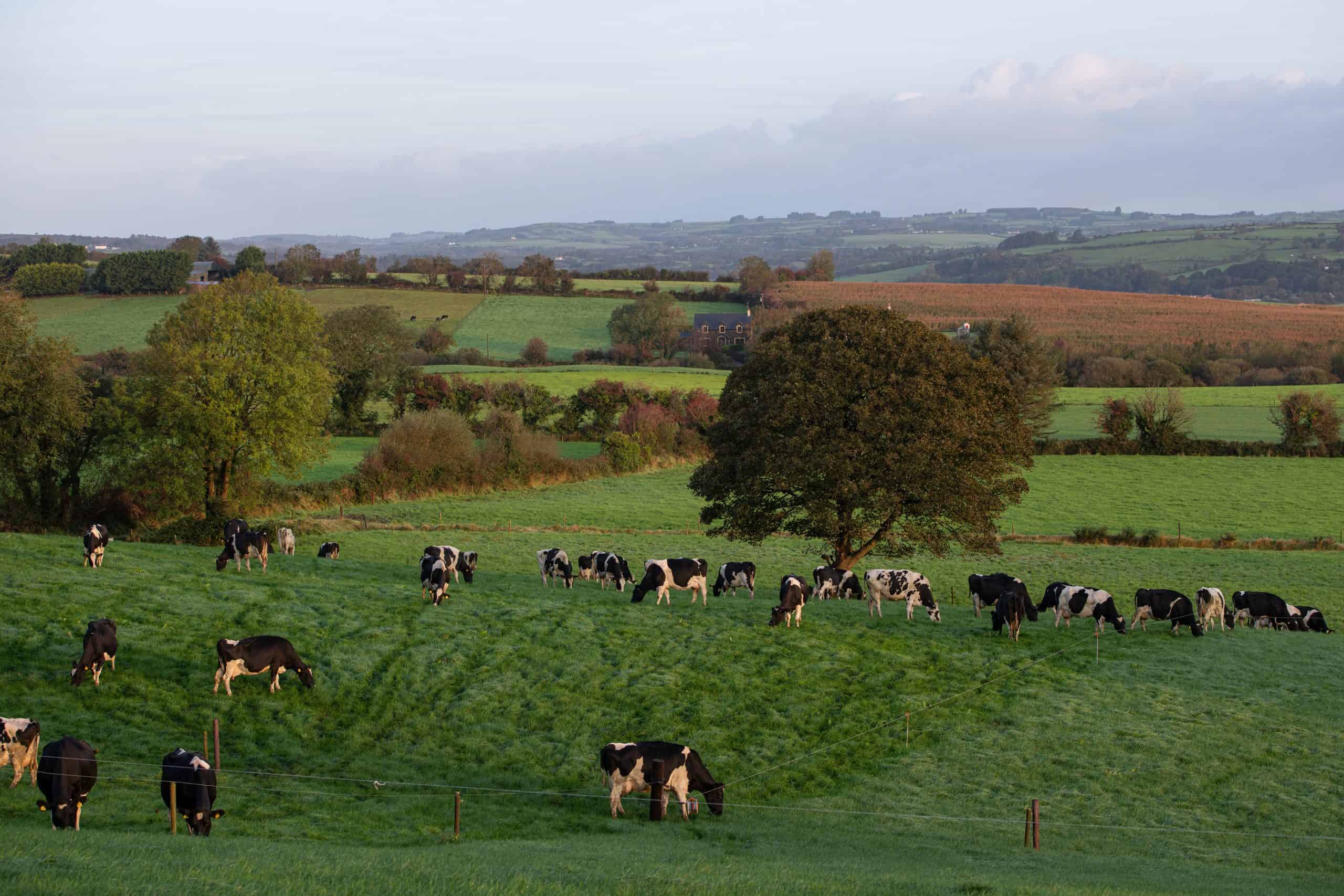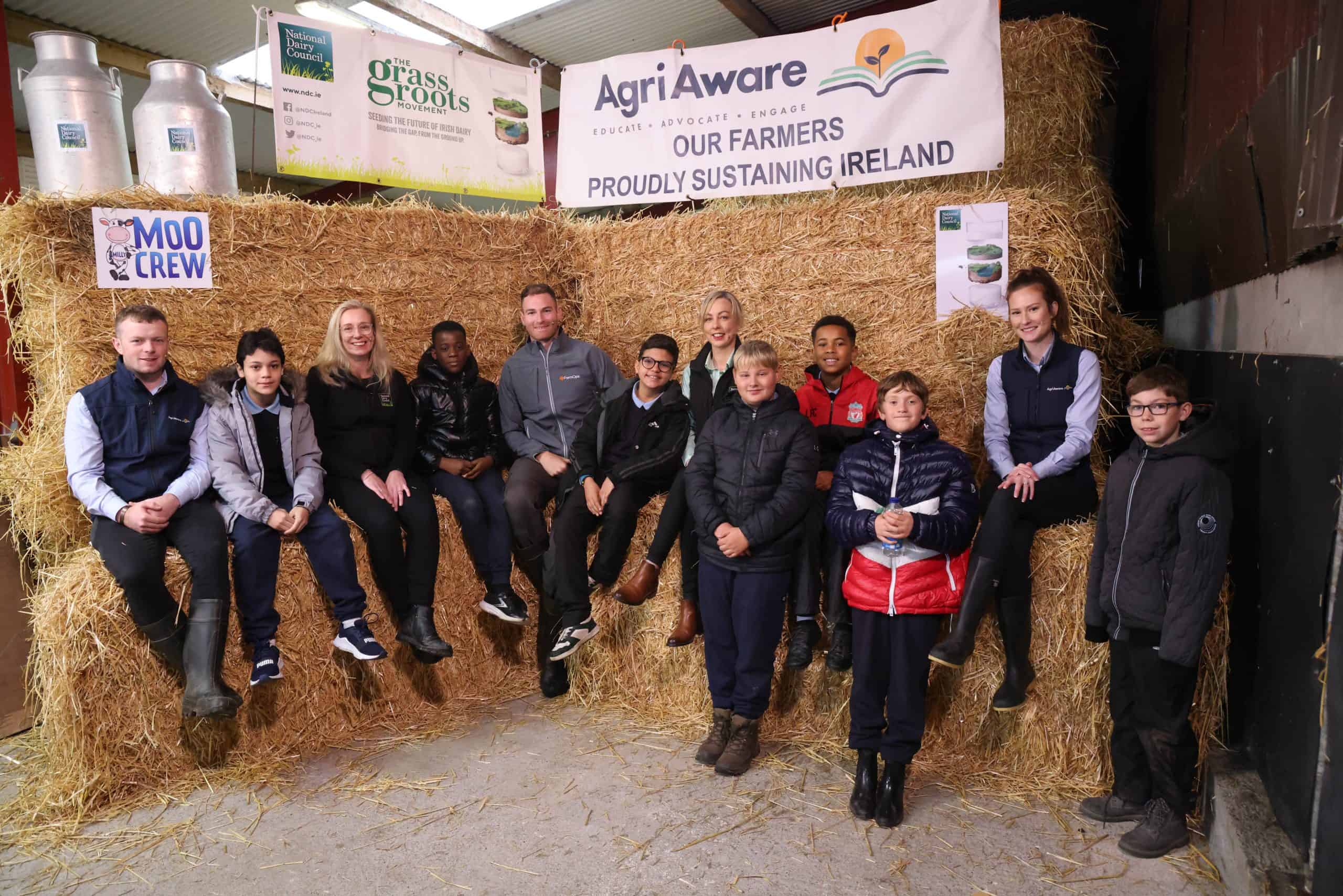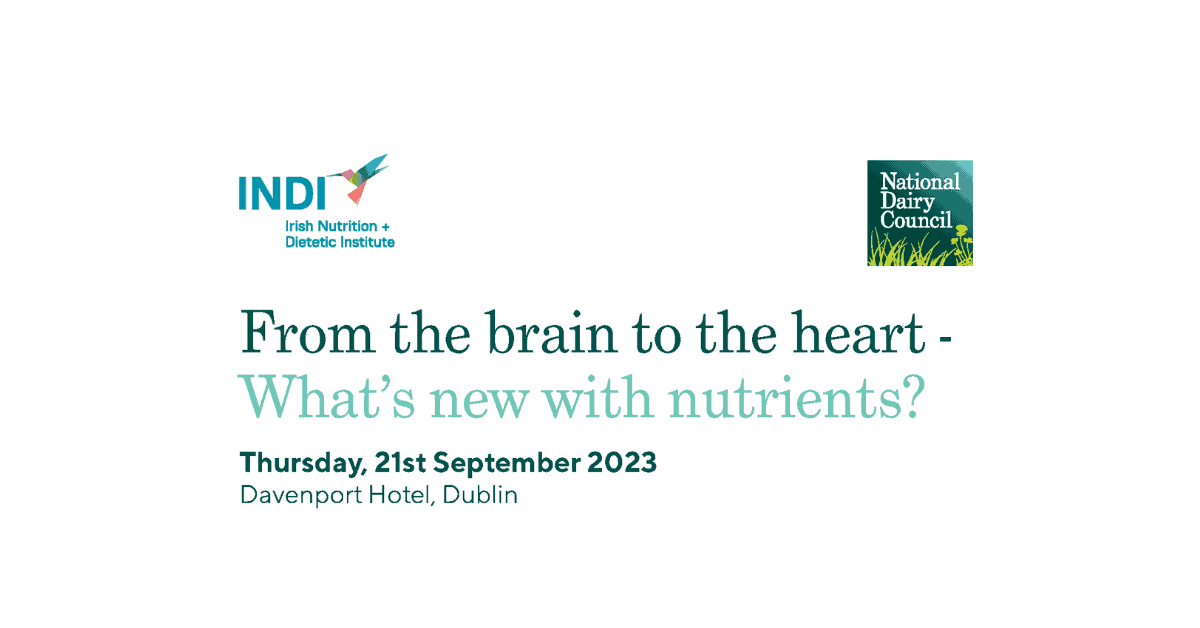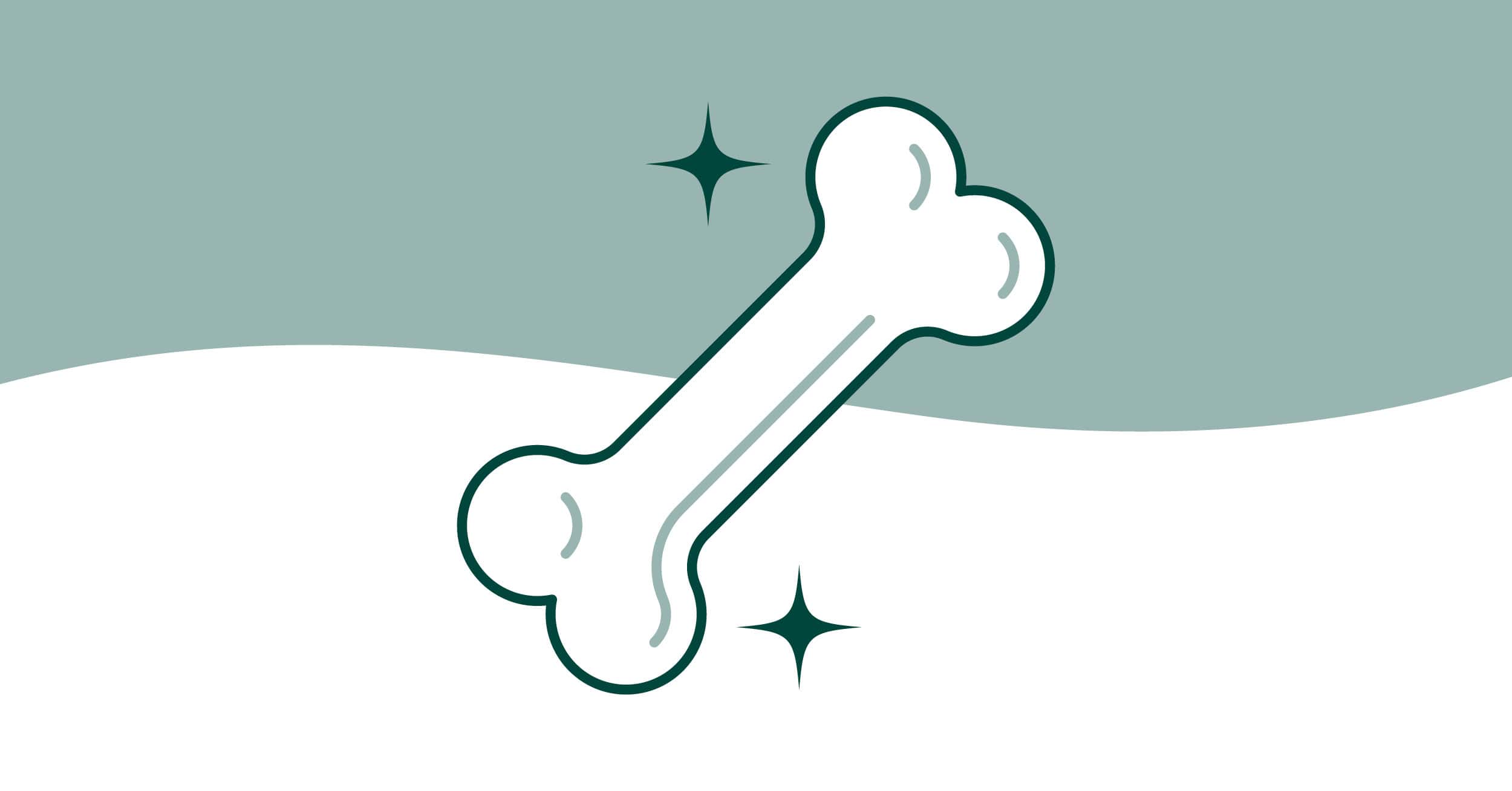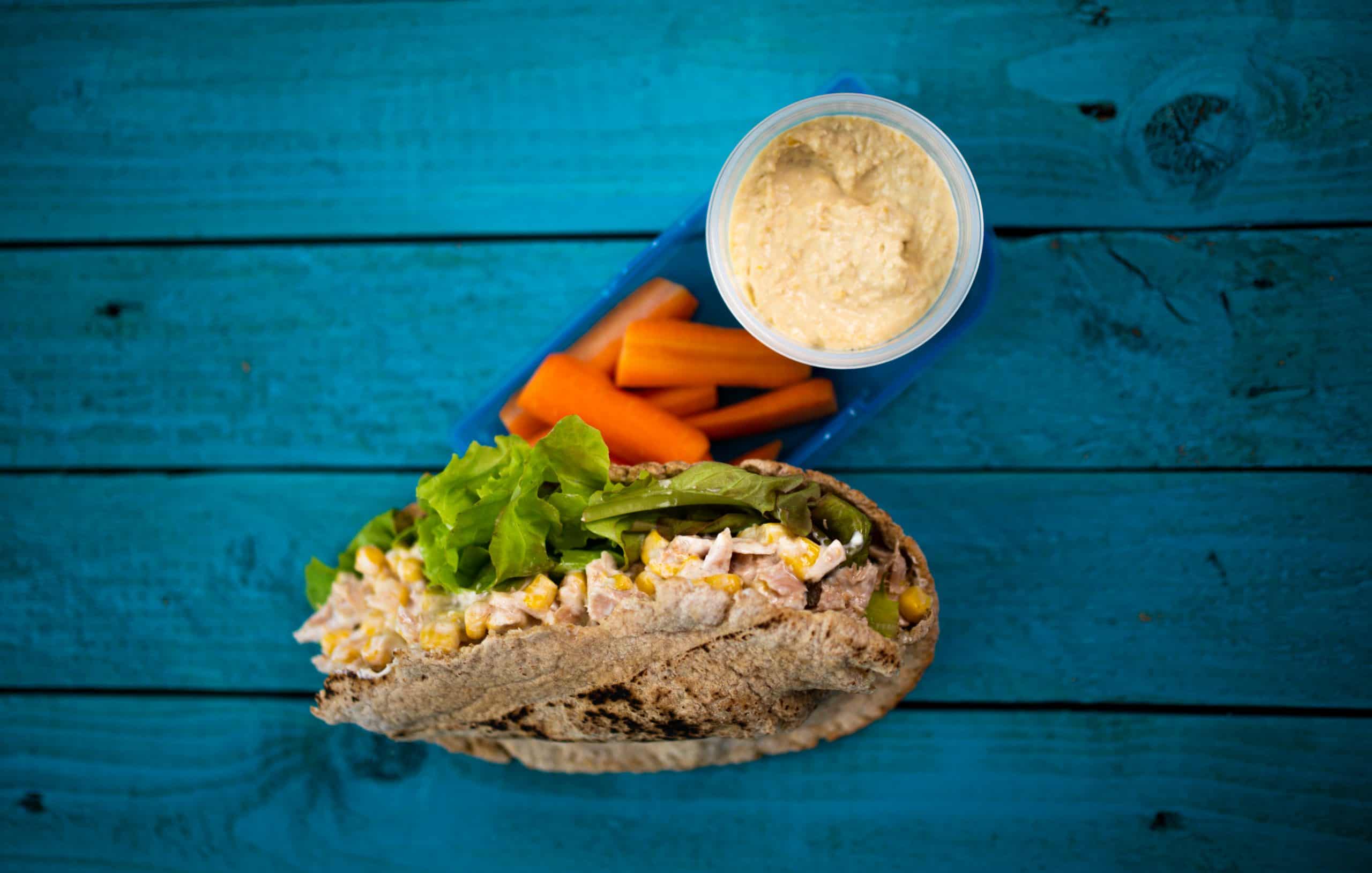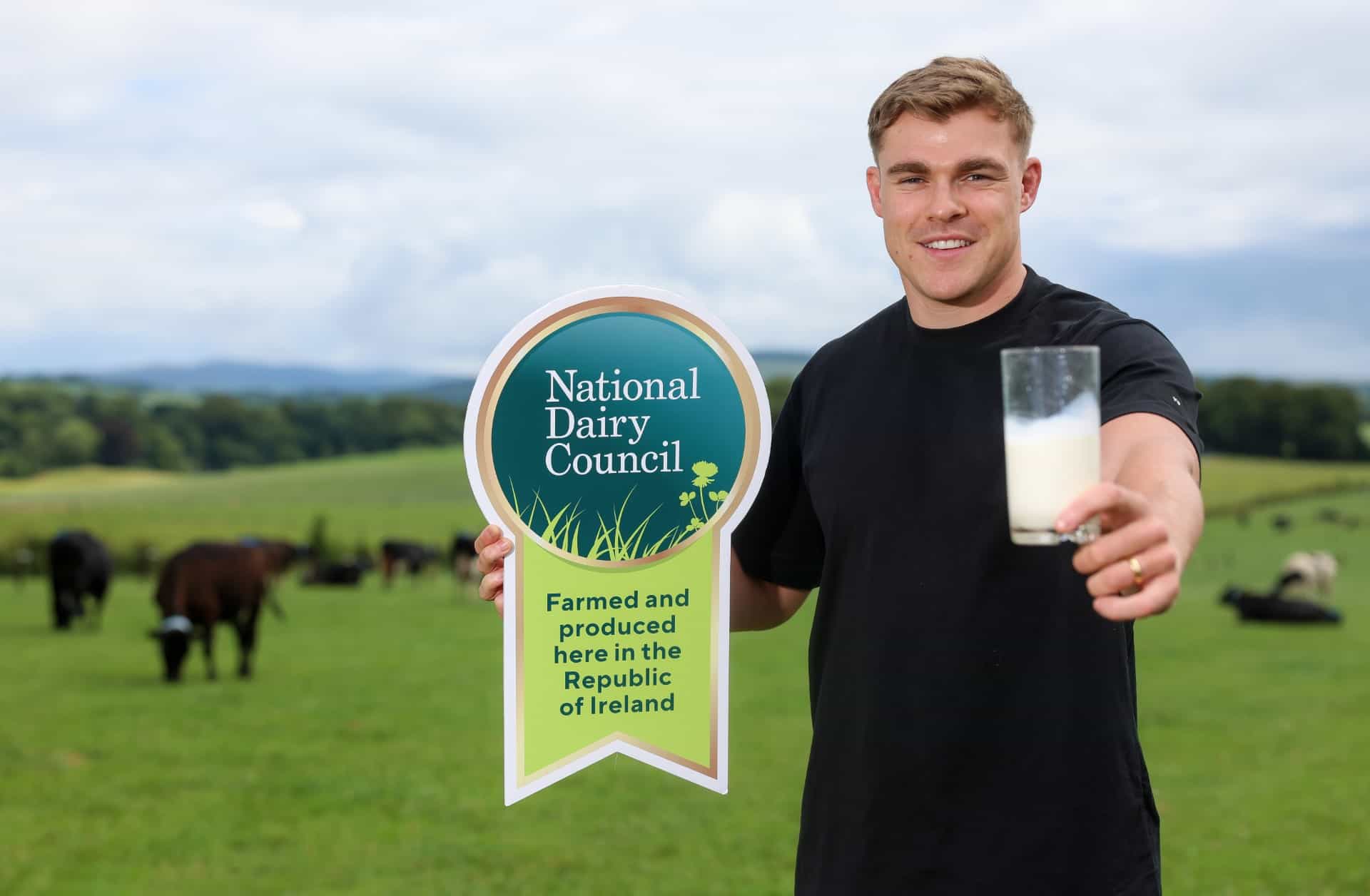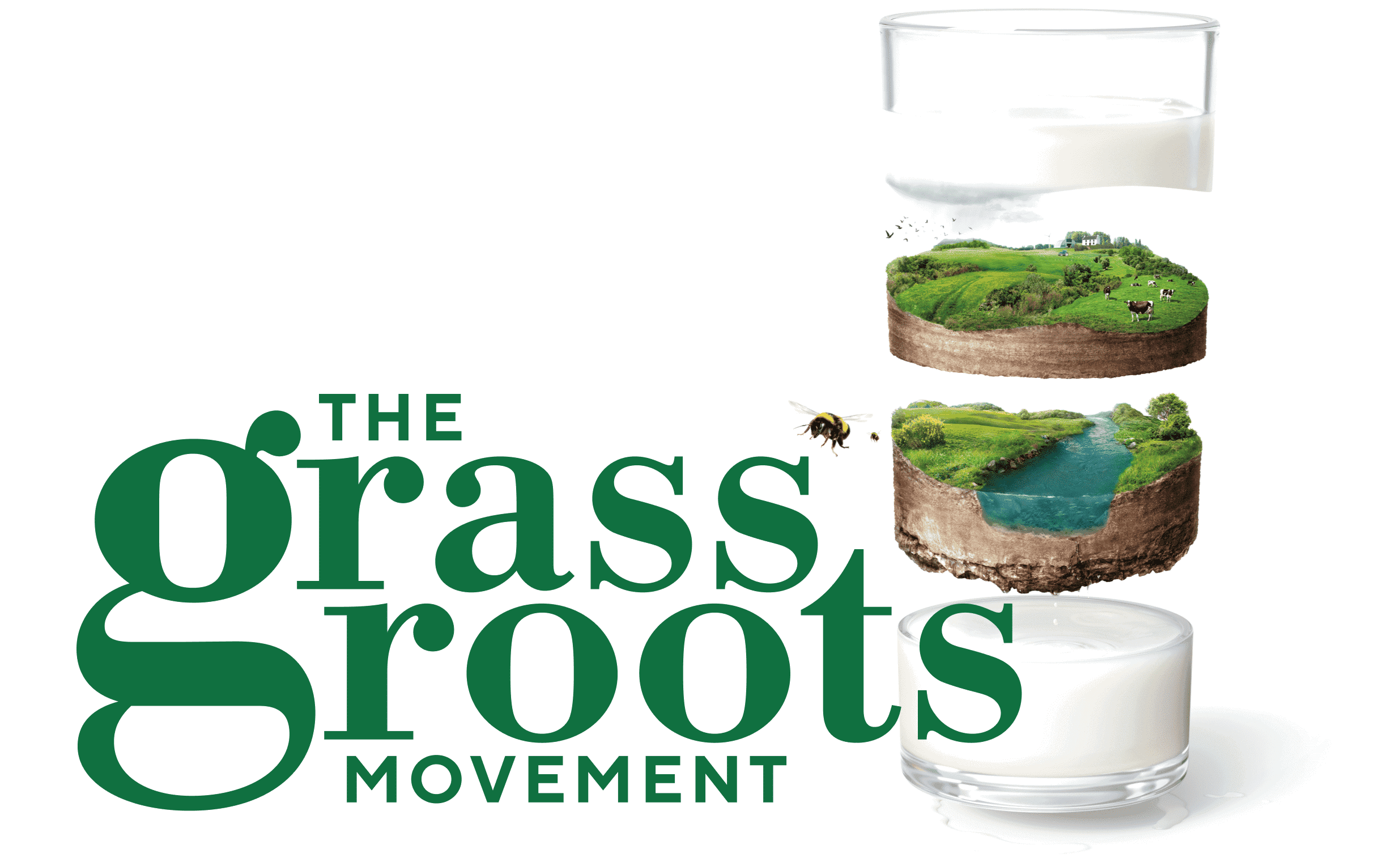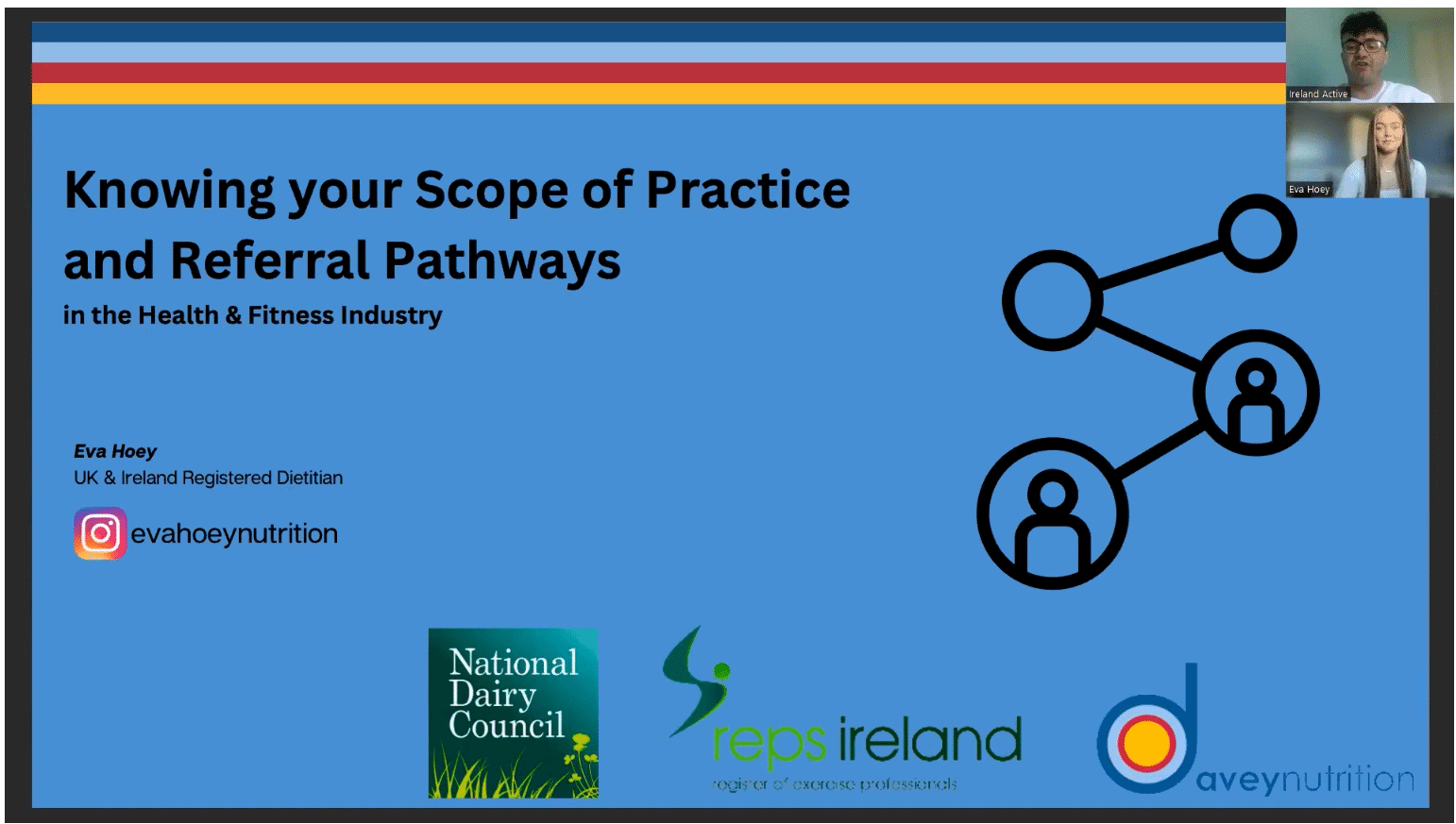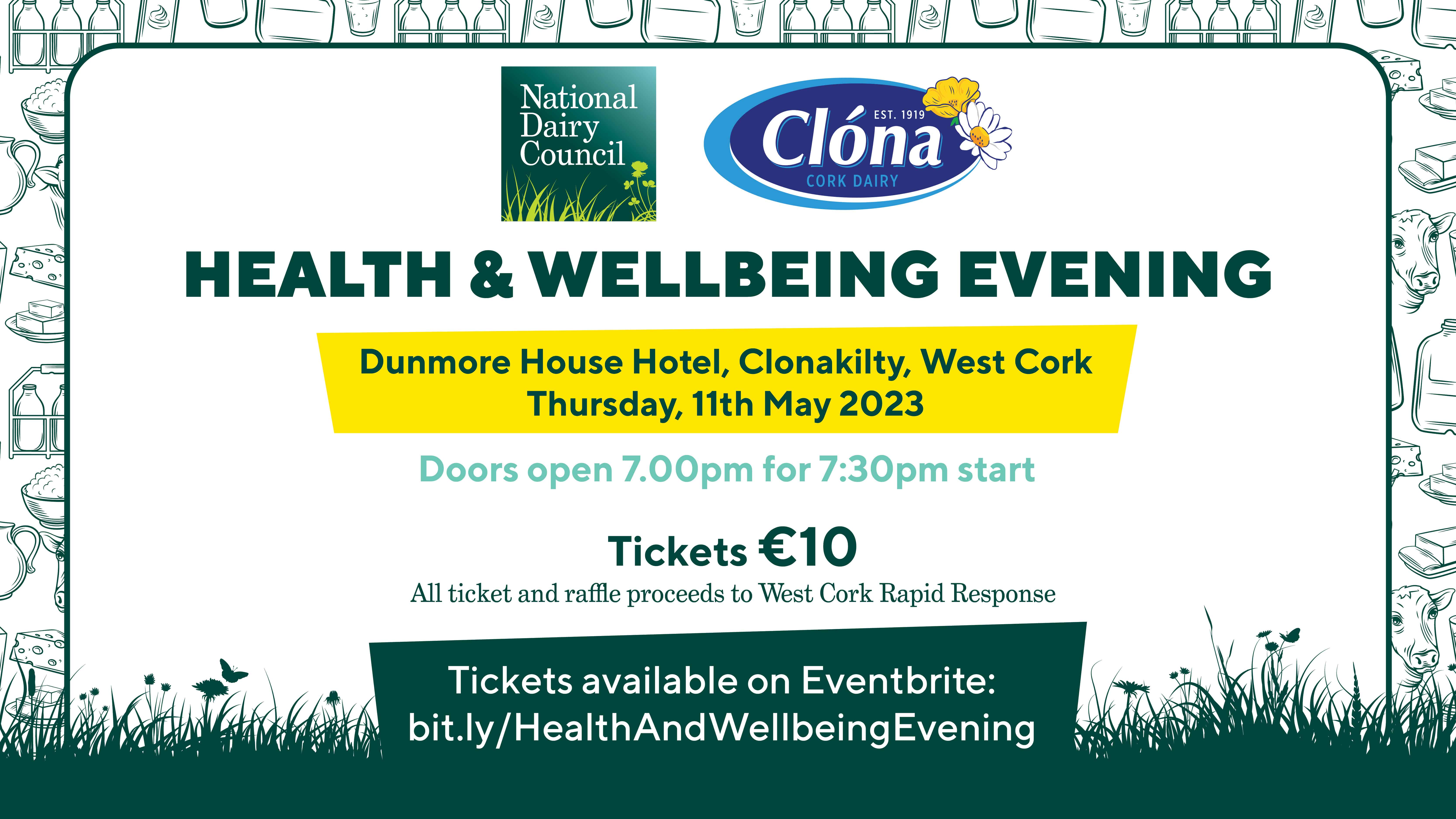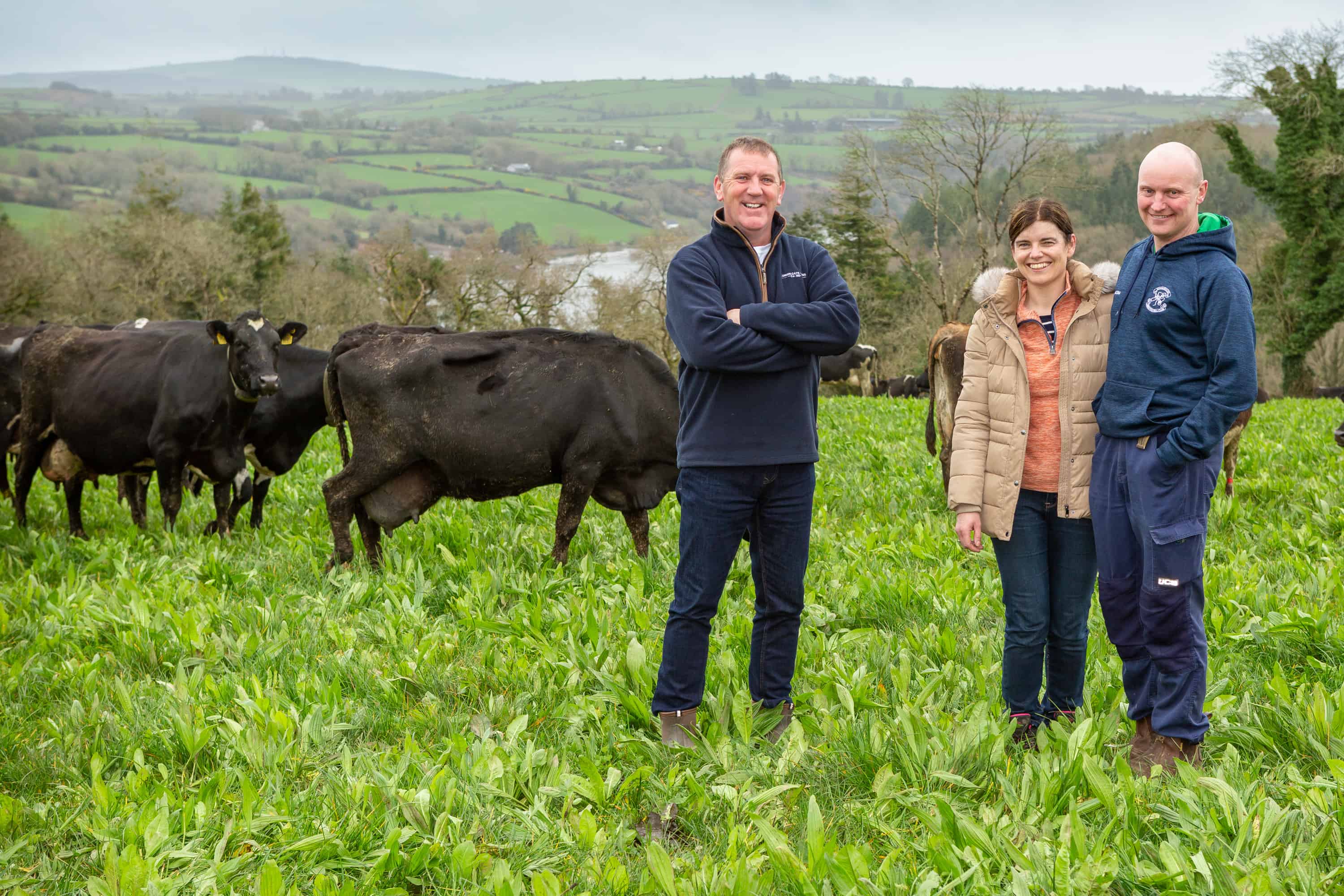Half of Irish 18-25 years olds are unaware of key risk factors for Osteoporosis including the fact that low calcium intake particularly during the teenage years can increase the risk of this disease later in life. Only a third identified low levels of physical activity, smoking or excessive alcohol as other important lifestyle risk factors for this disease. Three in ten 18–25-year-olds did not know which part of the body was affected by osteoporosis. These are some of the statistics unveiled from recent research commissioned by the National Dairy Council to raise awareness of the condition on World Osteoporosis Day, 20th October1.
Osteoporosis is the most common bone condition in Ireland, with approximately 300,000 people over 50 years estimated to have the condition. However, it is often referred to as a silent disease as it can go unnoticed, without symptoms, until a fracture occurs. In fact, only about 15% of people with osteoporosis get diagnosed2. Although women are more likely to develop osteoporosis, it also affects men and even children. Osteoporosis is more common in white or Asian women over 50 years of age, but osteoporosis can occur in almost any person at any age. One in 4 men and 1 in 2 women over 50 will develop a fracture due to Osteoporosis in their lifetime.
As the vast majority of bone mass is laid down by our early 20’s, we focused on the results from the 18–25-year-old age group in this omnibus study to understand their awareness around the modifiable risk factors for Osteoporosis and the importance of supporting bone health during these years. Only four in ten 18–25-year-olds knew that 90% of peak bone mass is laid down by the age of 18 and young women were less likely to know this fact.
Dr Frances Dockery Consultant Physician & Geriatrician at Beaumont Hospital and joint clinical lead for the Fracture Liaison Service Database, said “As a doctor, we constantly look out for high-risk patients or signs and symptoms to identify the condition but with osteoporosis, all too often it is only diagnosed when a fracture from a relatively minor degree of trauma has already occurred. Prevention is so important and though our bone health and strength are determined to a large extent by factors outside of our control such as genetics, gender and age, there are factors that we can control such as our diet and physical activity and these are particularly important during teenage years and into the 20’s when bones are still developing. Early intervention is key in preventing osteoporosis and this includes a balanced diet which provides ‘bone-friendly’ nutrients such as calcium, protein, vitamin D, zinc, phosphorous, and magnesium.”
The research also found that two thirds of young women were not aware that 3 servings of milk, yogurt or cheese a day are recommended daily as part of government healthy eating guidelines, a worrying statistic considering that NDC research has also shown that 21% of 18-25 olds say they are following a dairy free diet3. The good news is that eeight out of ten 18–25-year old’s correctly cited calcium and 6 out of 10 cited Vitamin D as key nutrients for supporting good bone health. Awareness of the importance of protein and phosphorous for bone health was much lower. While most were able to cite dairy products as a rich source of calcium, 1 in 5 men cited apples as a source too, when in fact apples, though a healthy food, contain very little calcium1.
Louise Reynolds, Dietician with the Irish Nutrition & Dietetic Institute (INDI) said “Calcium and protein are needed for the normal growth, development and maintenance of bone and muscle and milk, yogurt and cheese are naturally good sources of these nutrients as well as phosphorus which is also important. The Department of Health’s guidelines recommend three servings from the ‘milk, yogurt and cheese’ food group each day with five servings for the 9–18-year-olds. We know from national research that most Irish people are not reaching these recommended guidelines and worryingly young women in particular are limiting or avoiding dairy in their diet, this is really crucial as bone mass continues to be laid down in the 20’s”
The recent results suggest that we need to continue to highlight the importance of bone health to younger people as the twenties are a time that they can take action to support bone density through adequate protein, calcium and vitamin D in their diet as well as taking action on smoking, excessive alcohol intake and increasing levels of physical activity.
Top Tips for Healthy Bones throughout Life
- Maintain a healthy body weight – Being either underweight or overweight can have a negative impact on musculoskeletal health. Being very thin or losing weight quickly can result in a low muscle mass also. Alternatively, being overweight increases pressure on joints such as the knees, hips and back, thereby increasing the risk of pain and injury.
- Good Nutrition – A balanced diet which provides adequate nutrients, including calcium, protein, phosphorus, vitamin C and vitamin D, are essential for musculoskeletal health throughout life.
- Stay Strong – Weight-bearing, resistance-style exercises are particularly important for bone and muscle health – these include activities where your body must work against a force, such as gravity. Examples include skipping, running, tennis, dancing, brisk hill walking or simply climbing stairs.
- Stretching – Exercises such as stretching, Pilates or yoga can be particularly beneficial for posture and supple joints. Stronger core muscles (abdominals and back) improve balance, helping to prevent falls.
- Smoking and Alcohol – Refrain from smoking and if you consume alcohol, do so in moderation
For more information on Osteoporosis please visit https://ndc.ie/bone-muscle-health/
Editors Notes
‘Nutrition & You; 50+ Years’, is a free booklet available at www.ndc.ie produced by the National Dairy Council (NDC) and endorsed by the Irish Nutrition & Dietetic Institute (INDI). It provides useful information on a range of topics such as bone and muscle health, keeping active and practical food choices.
References
- The research was carried out by Coyne Research September 2022 on a nationally representative survey amongst 2,000 adults aged 18+. The target sample was 18-25 year olds – 12% (245 in total).
- https://www.irishosteoporosis.ie/information-support/about-osteoporosis/
- The research was carried out by Behaviour & Attitudes Research & Insight July 2022 in a nationally representative survey of adults aged 16+ undertaken online.
For further information or to arrange an interview please contact Cathy Curran, Communications Manager at the National Dairy Council – 086 8777 664.
